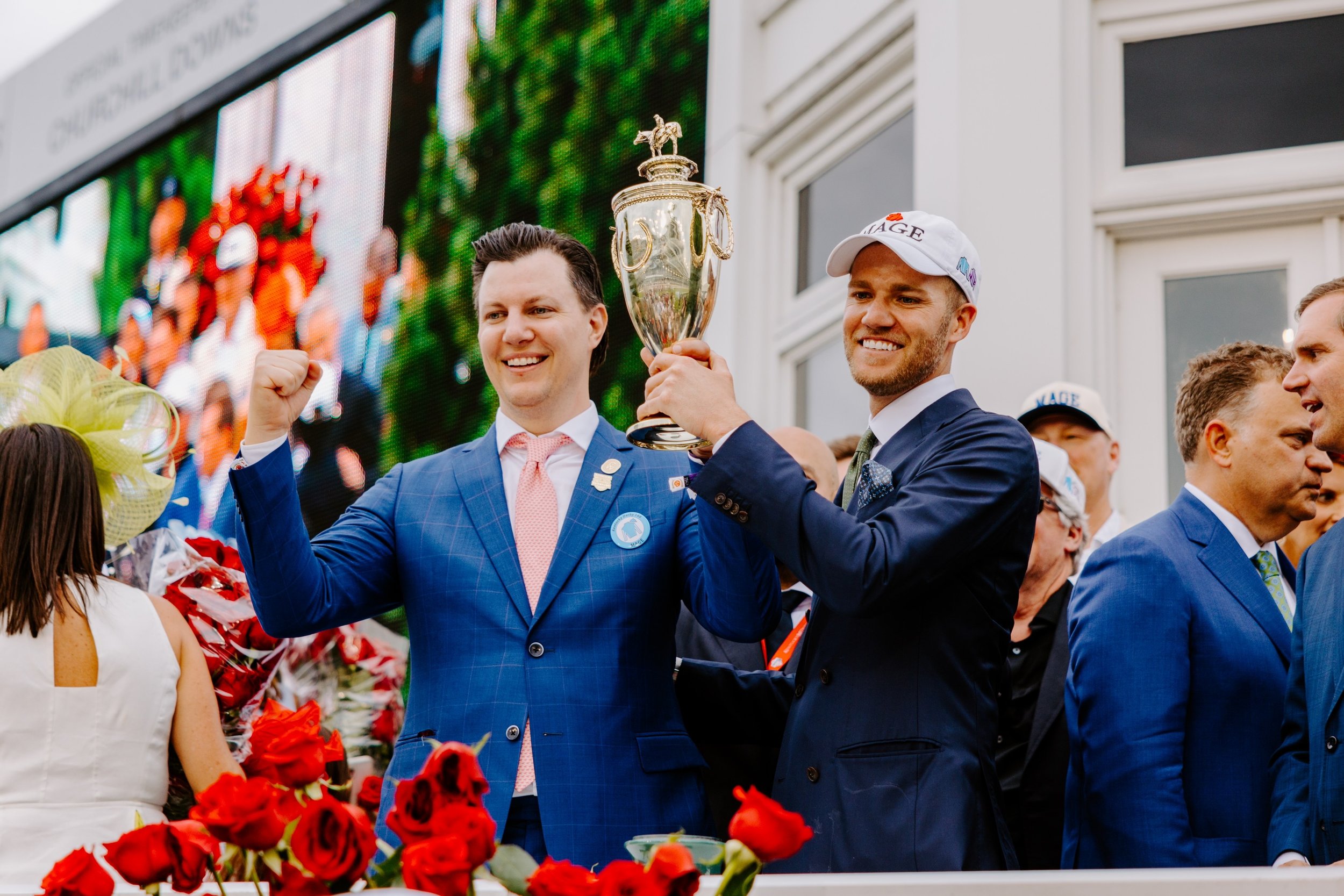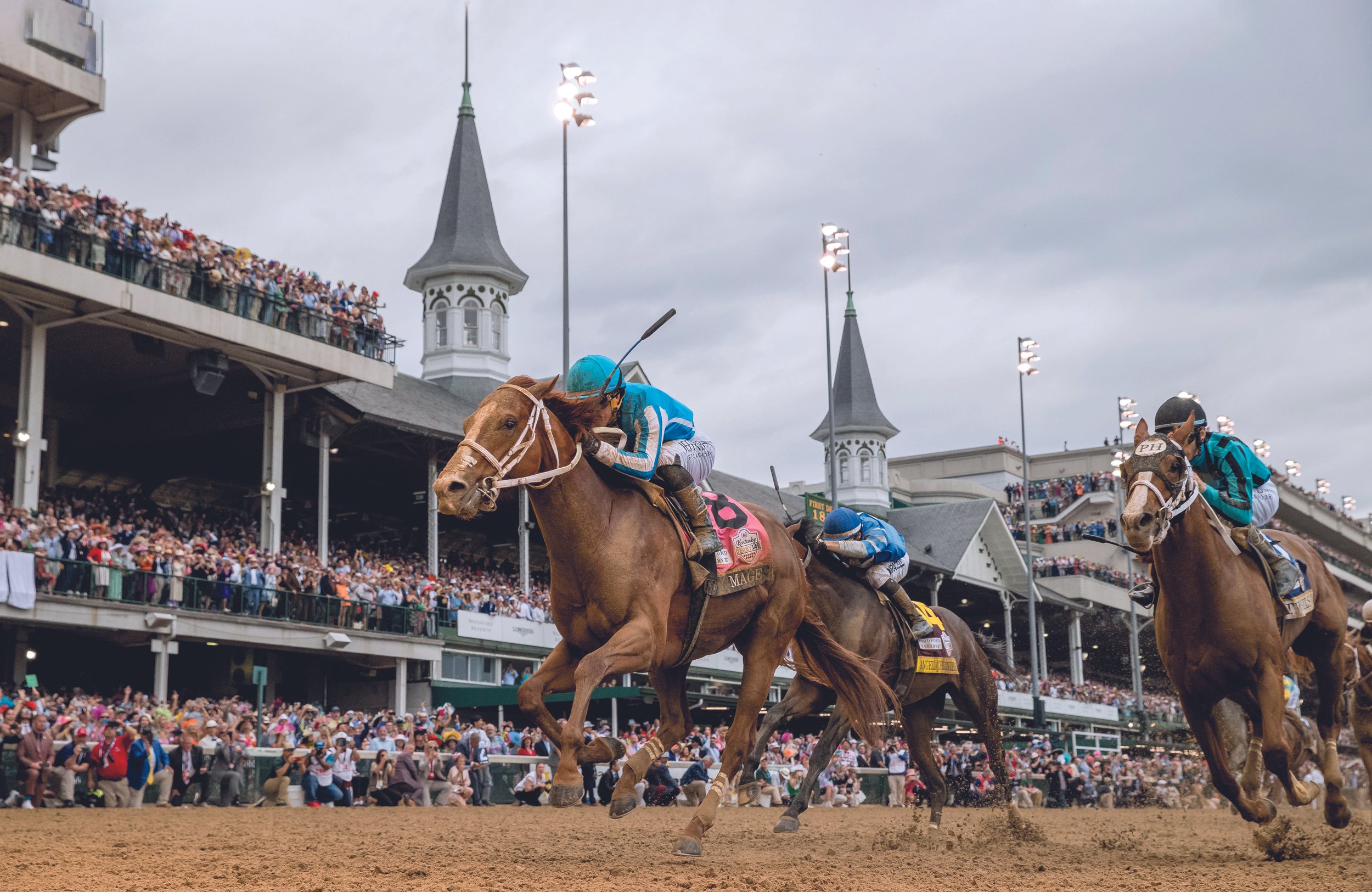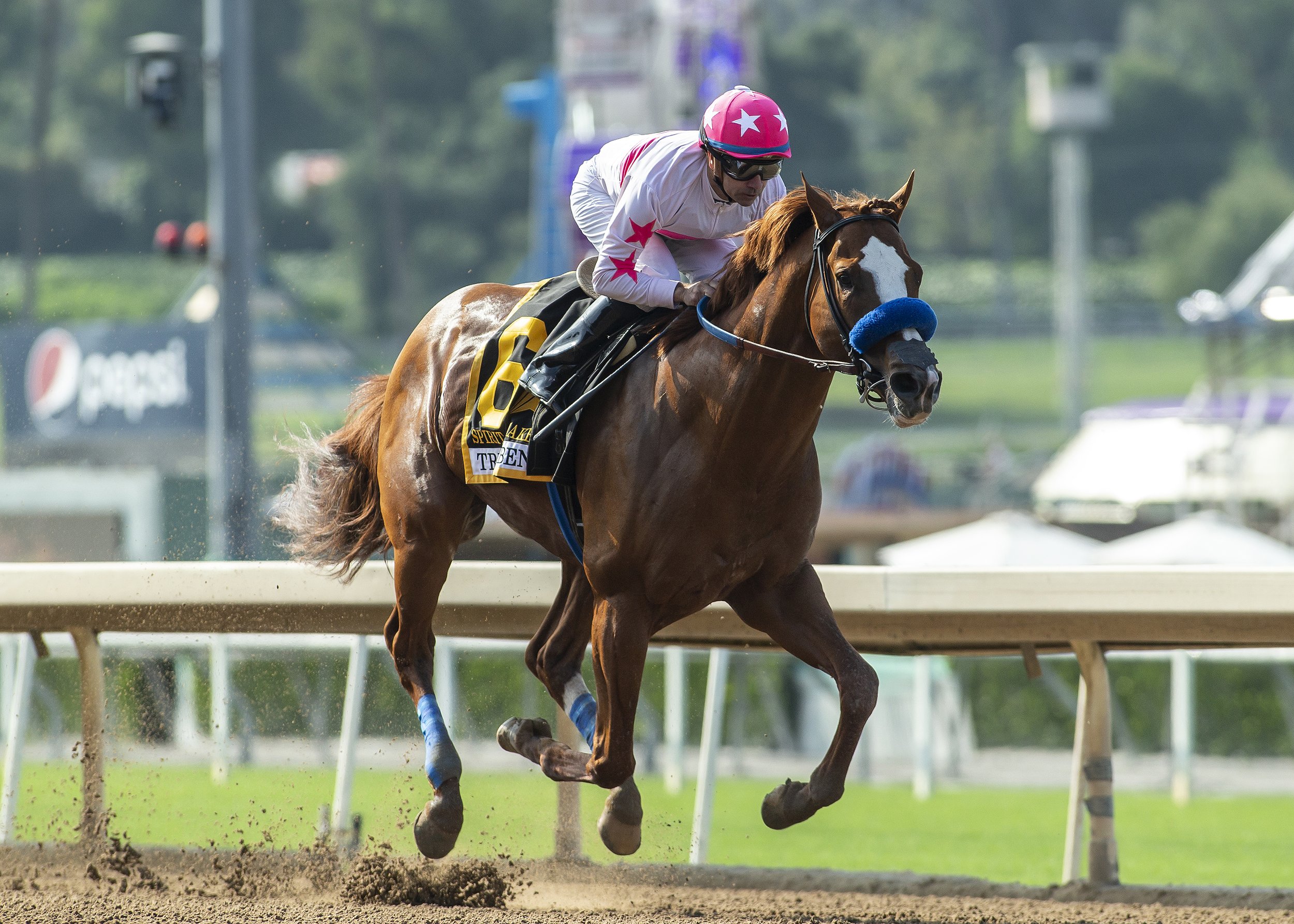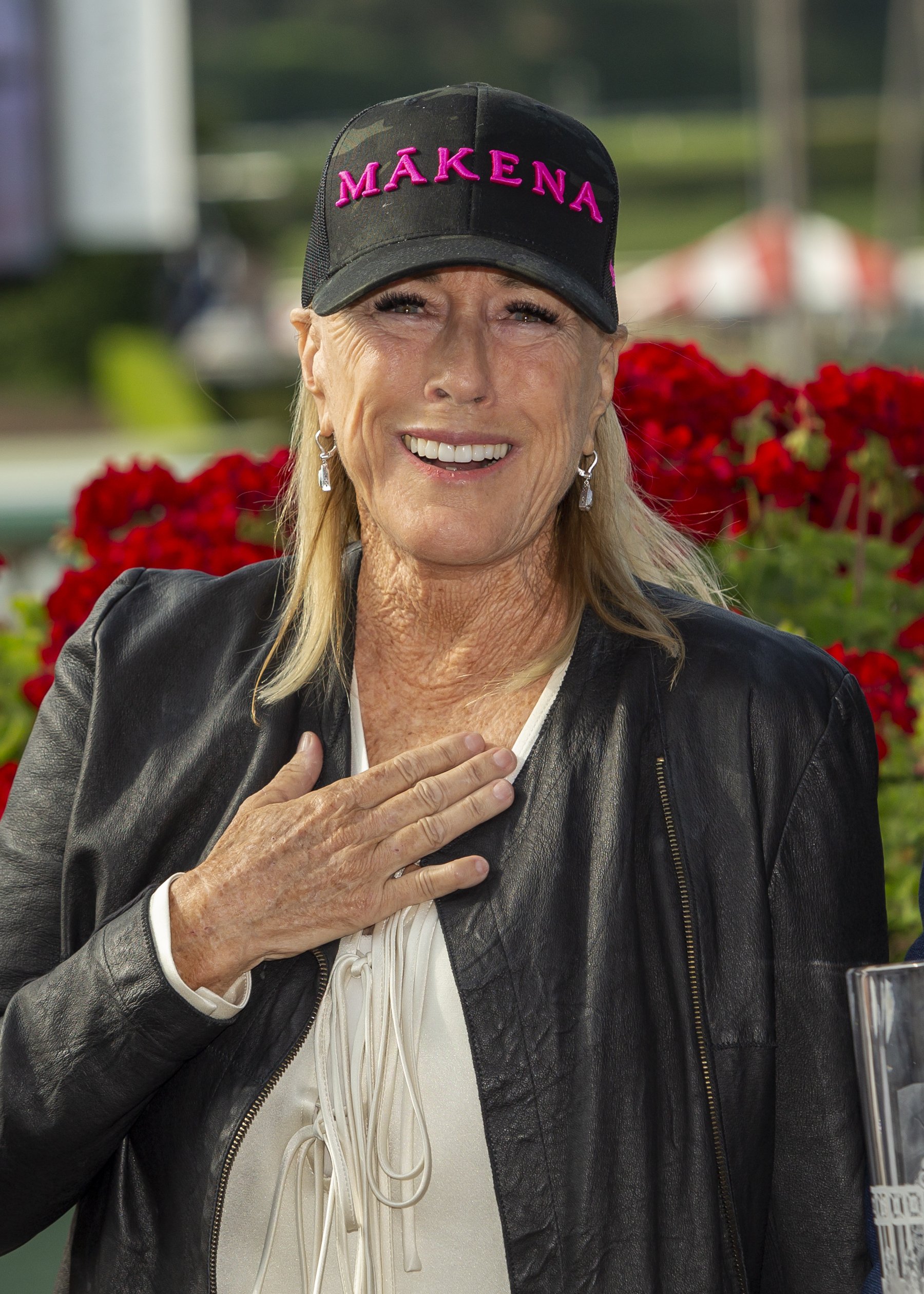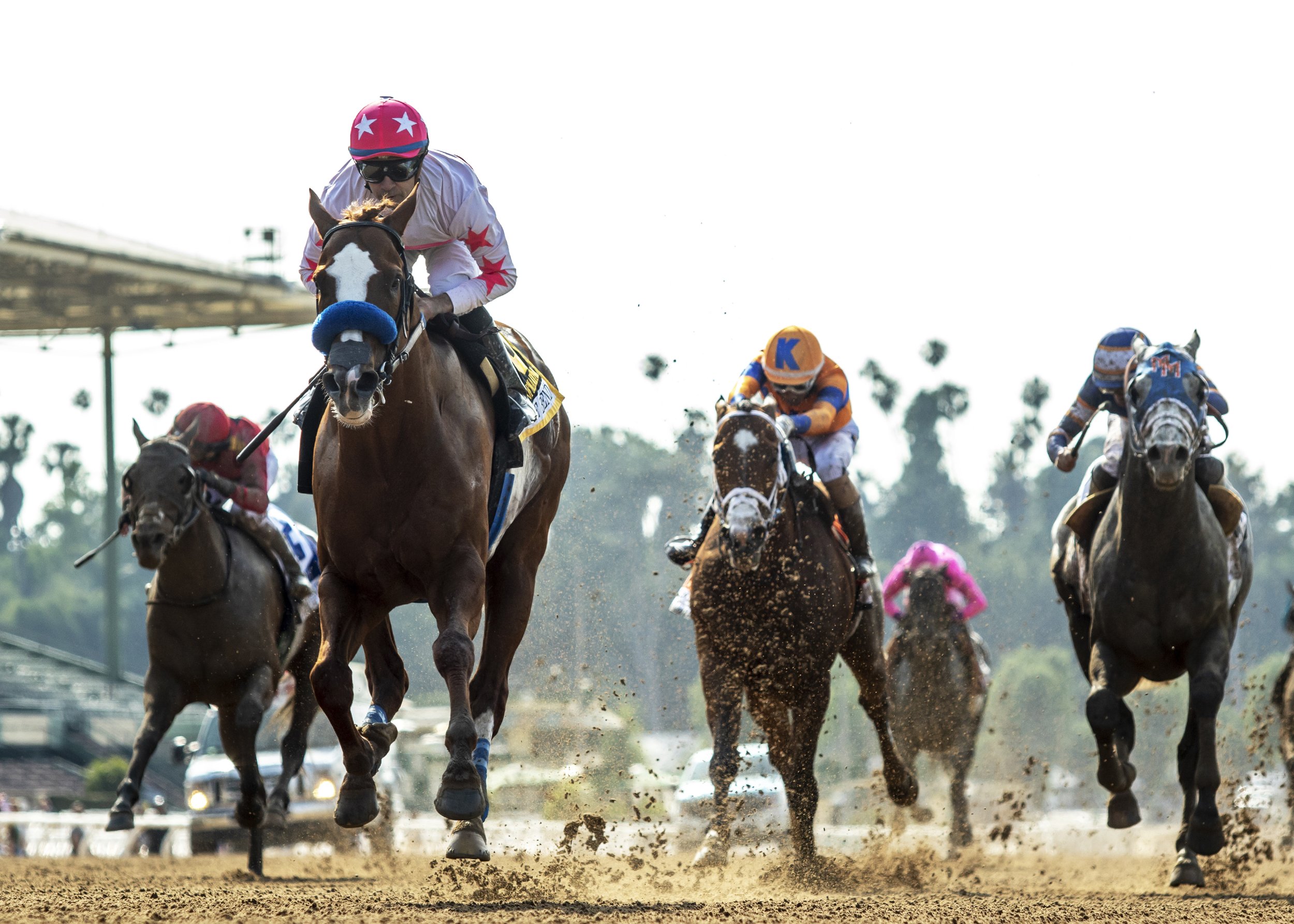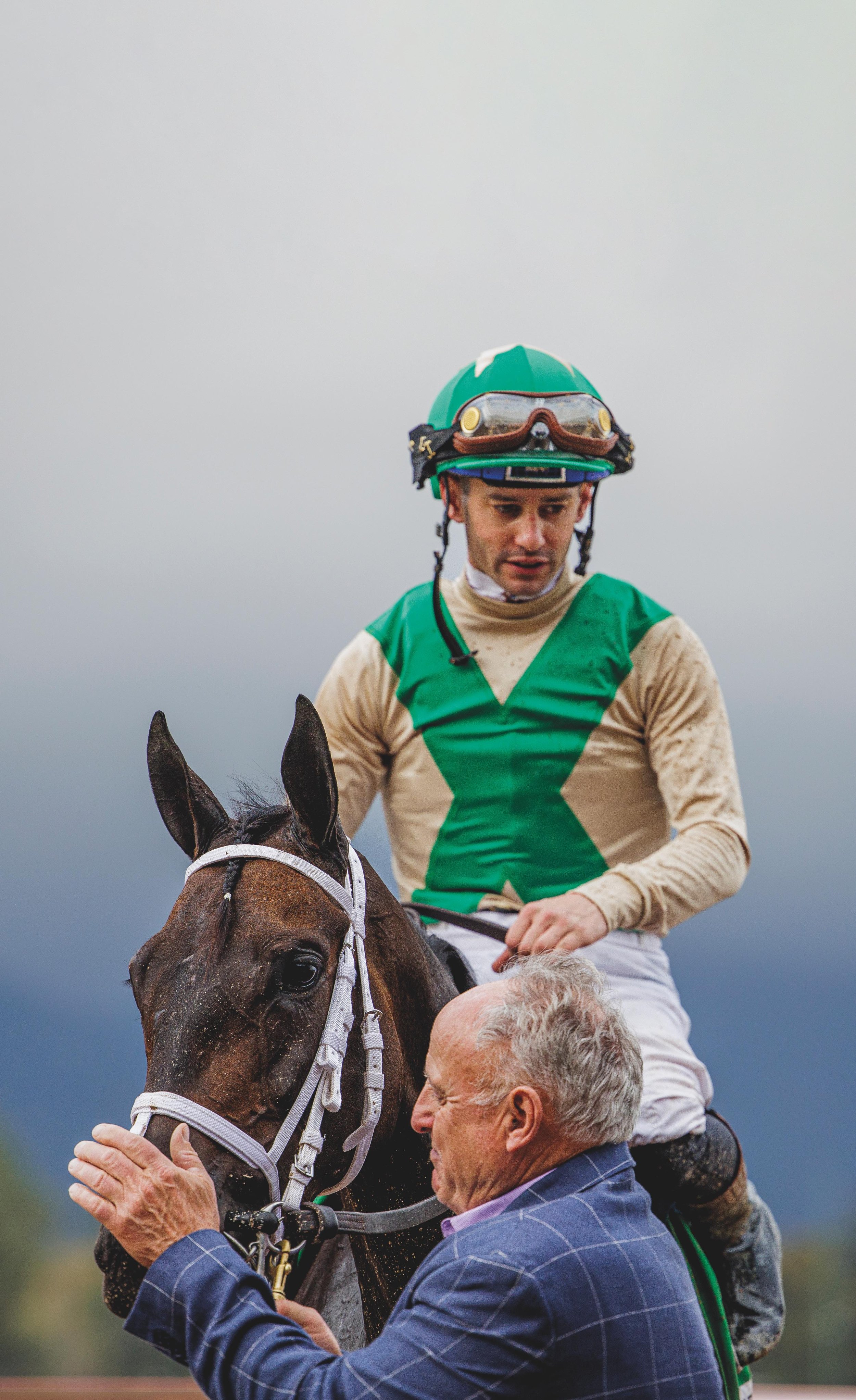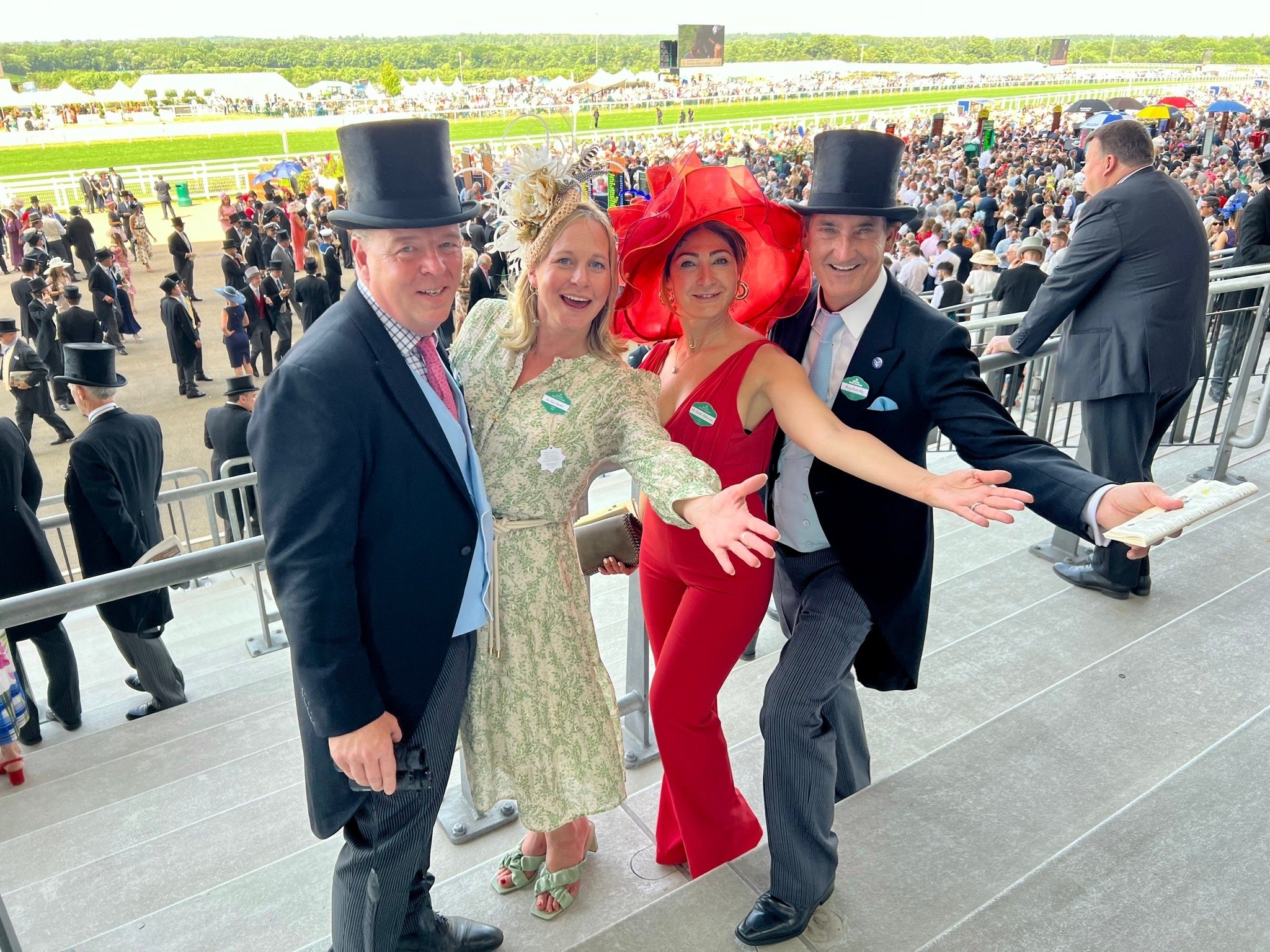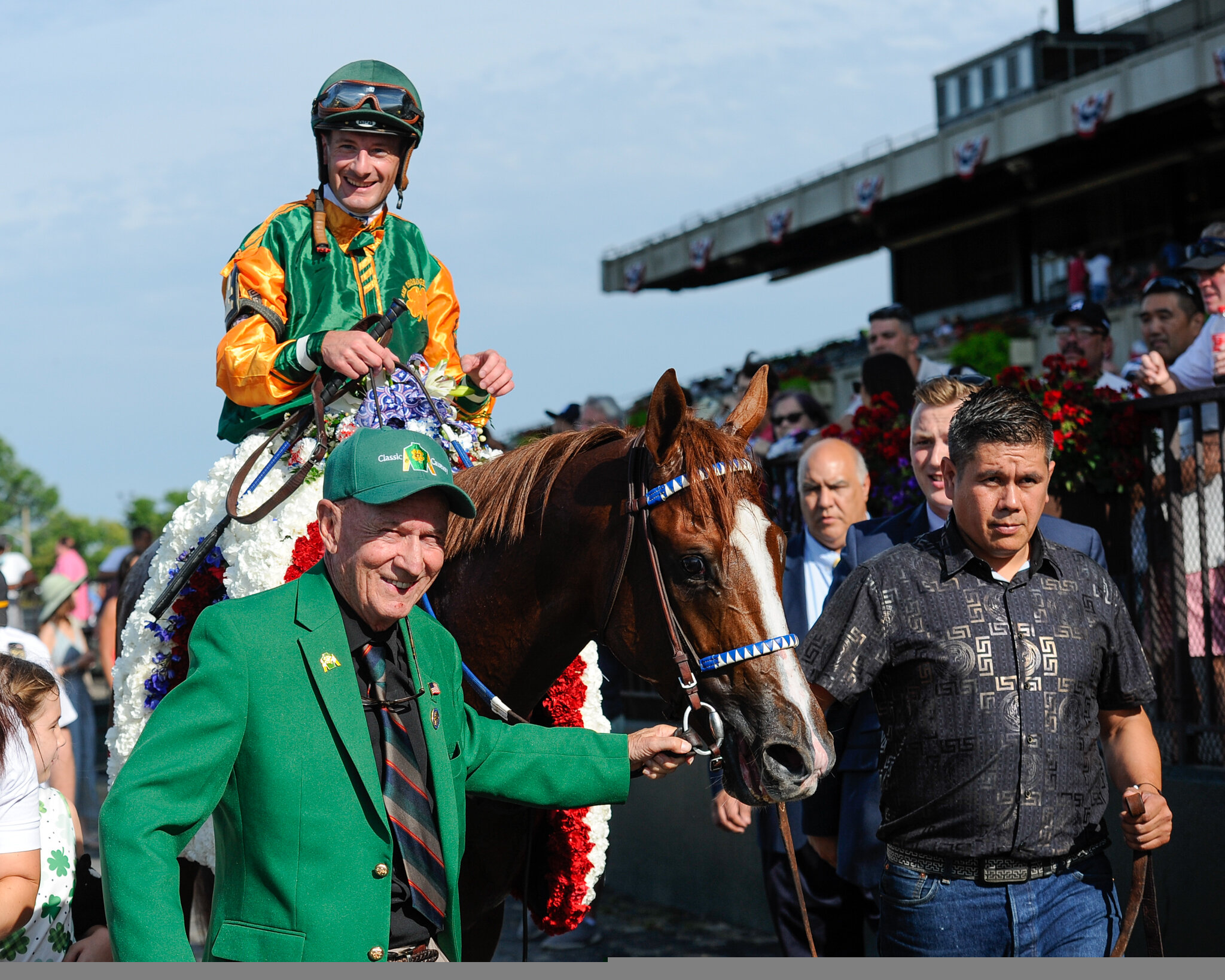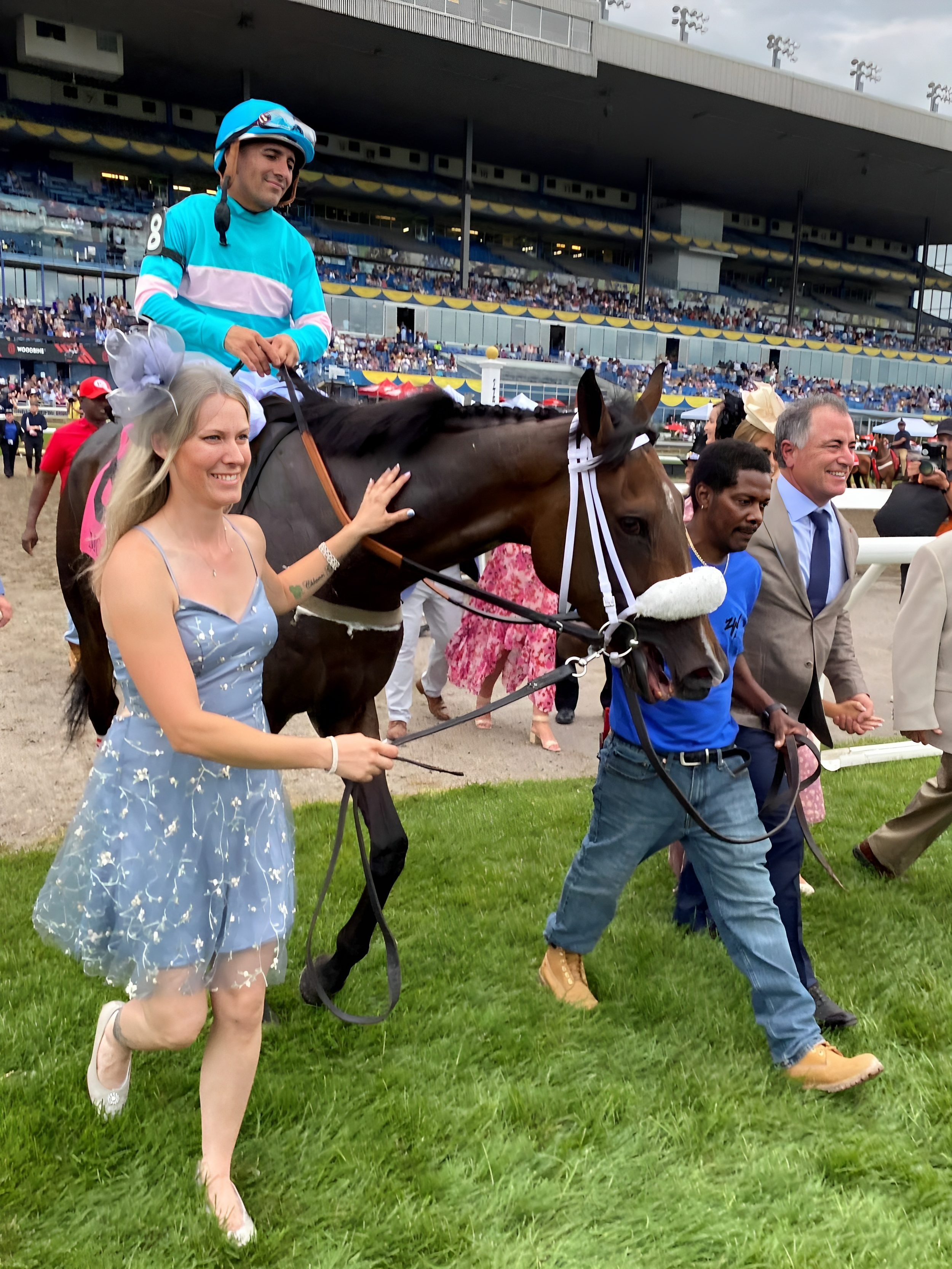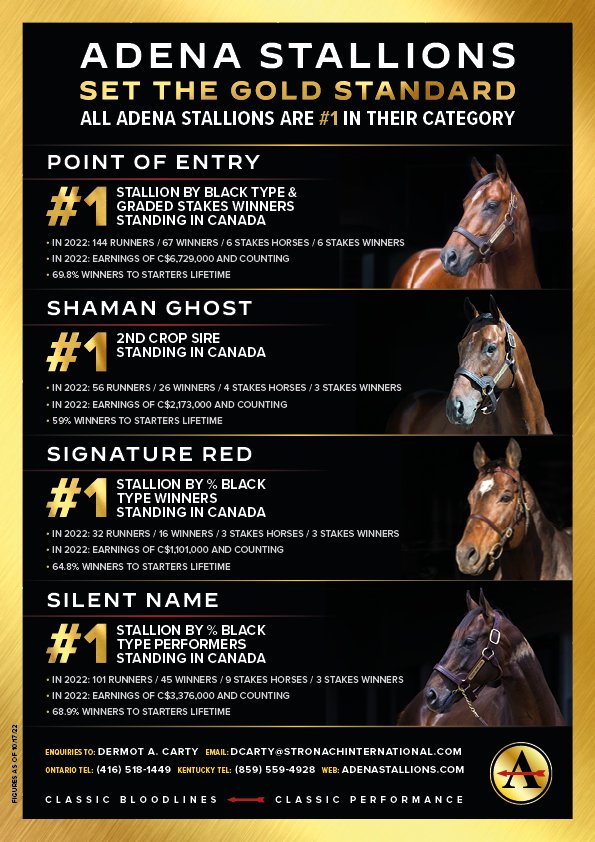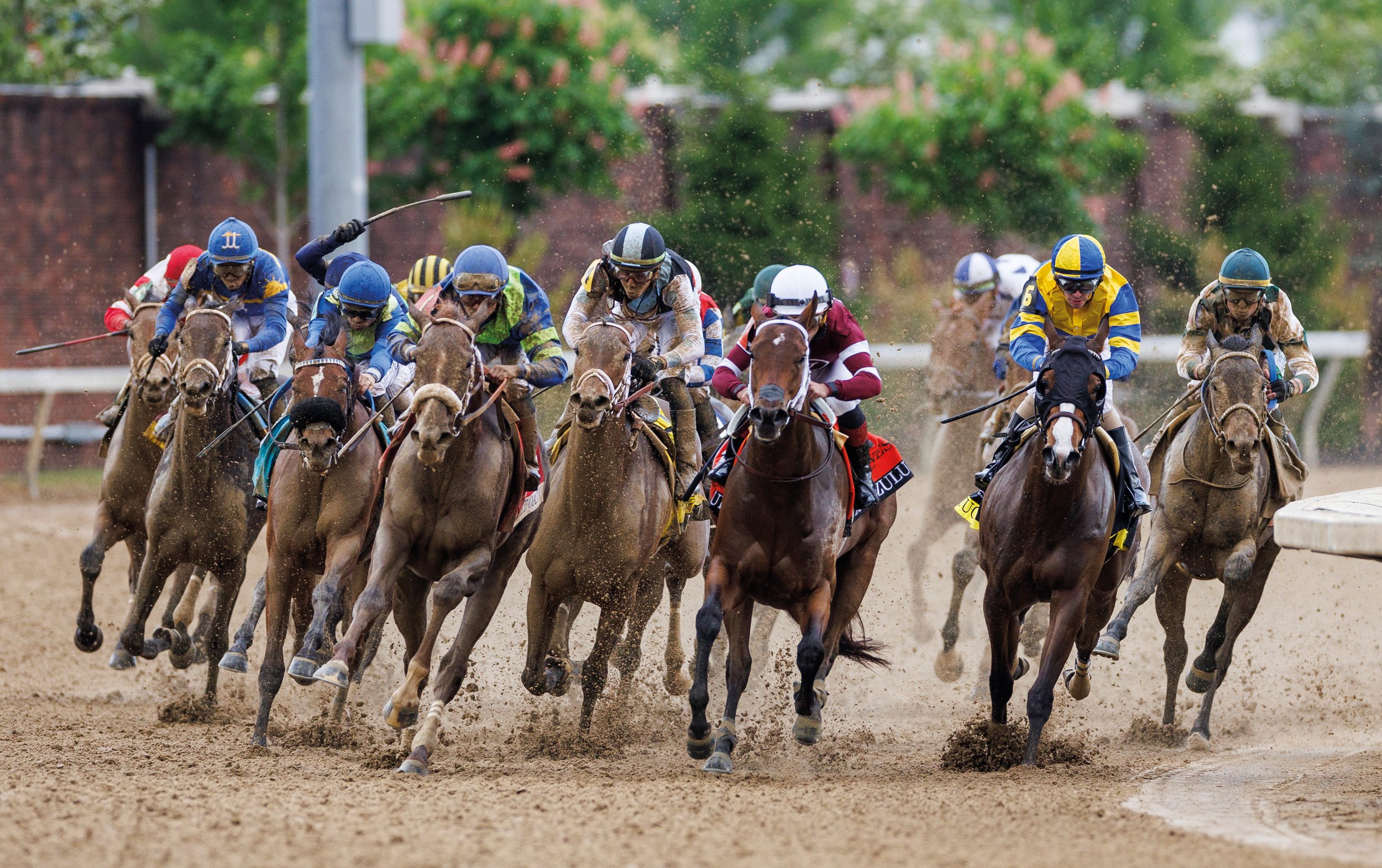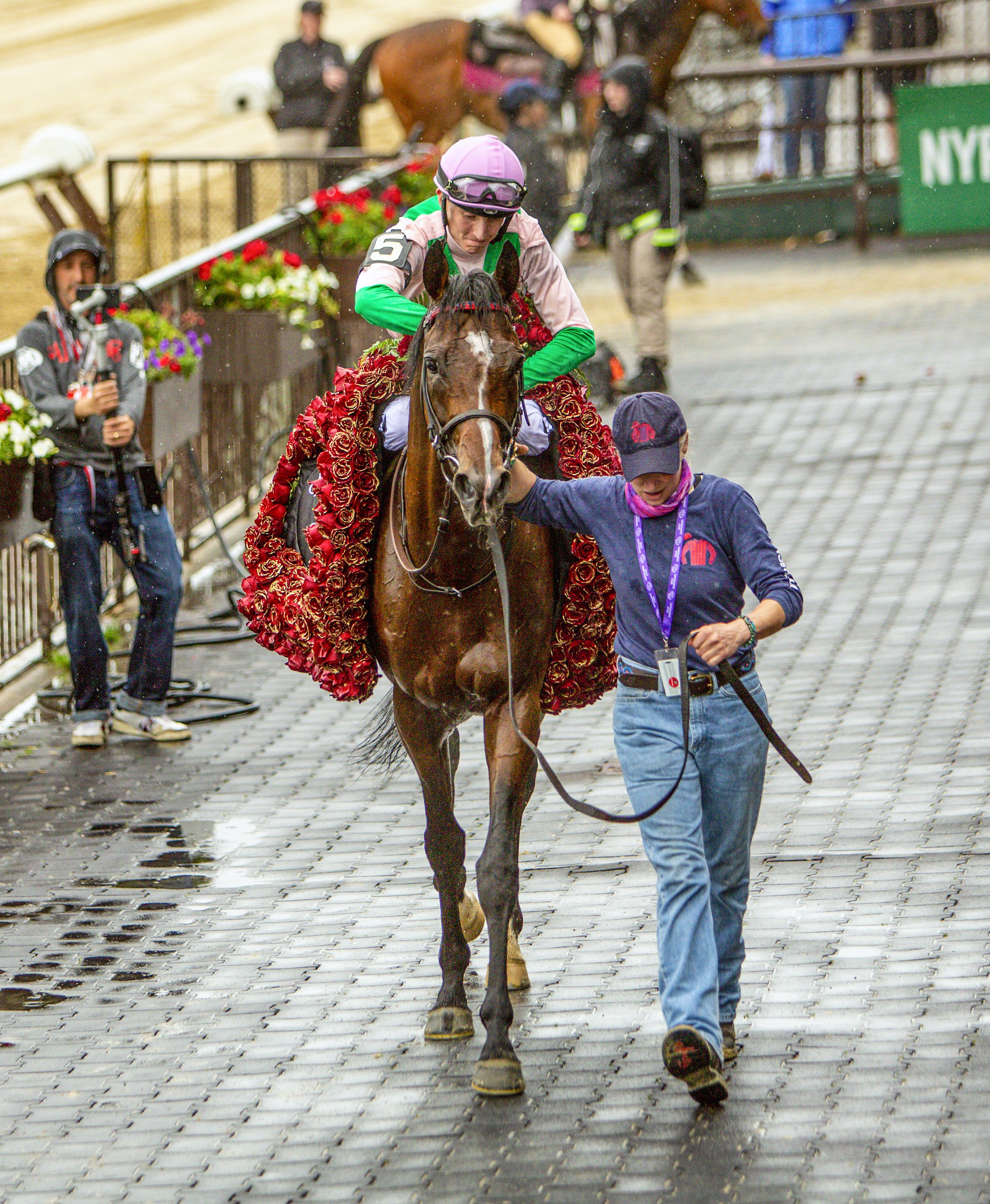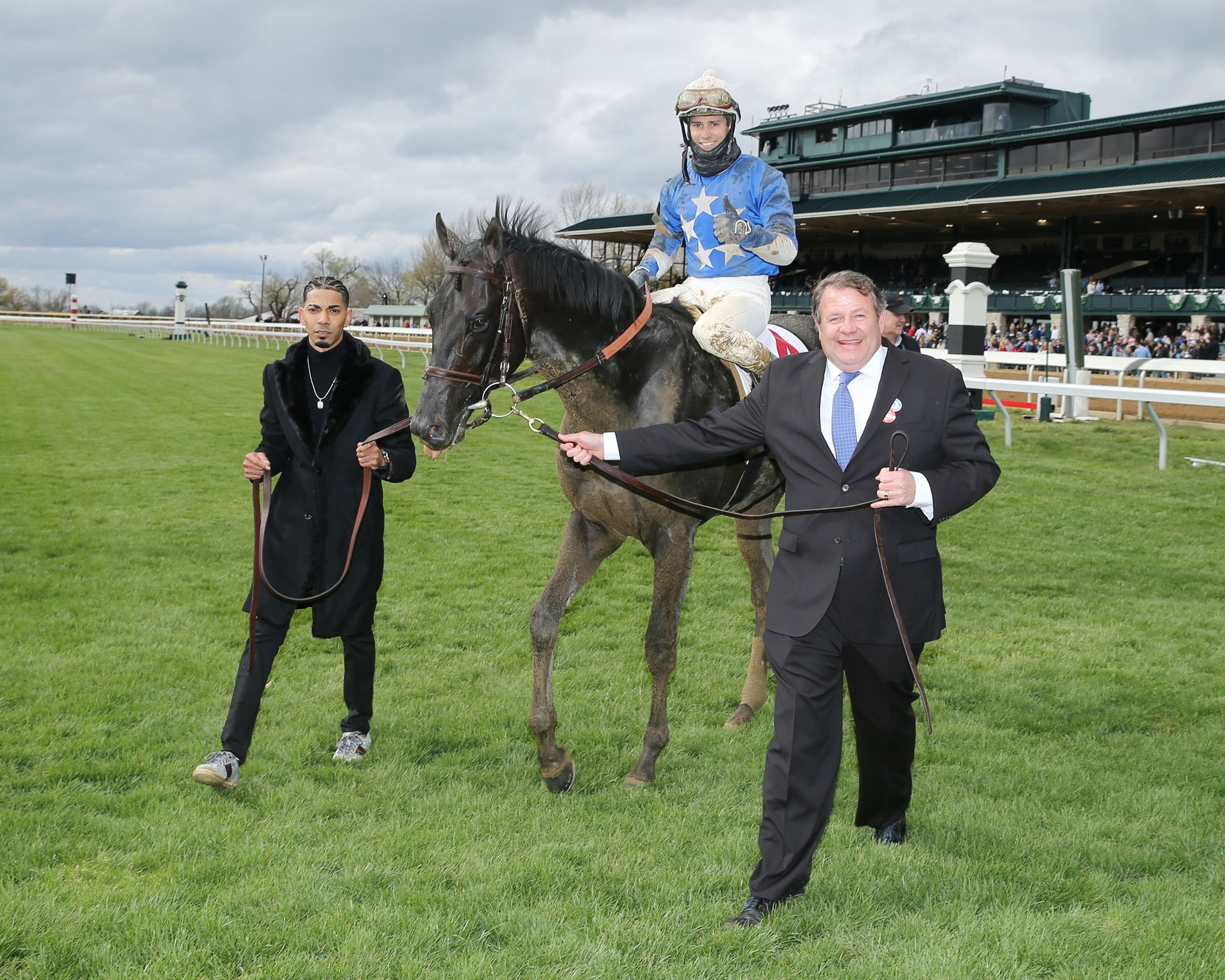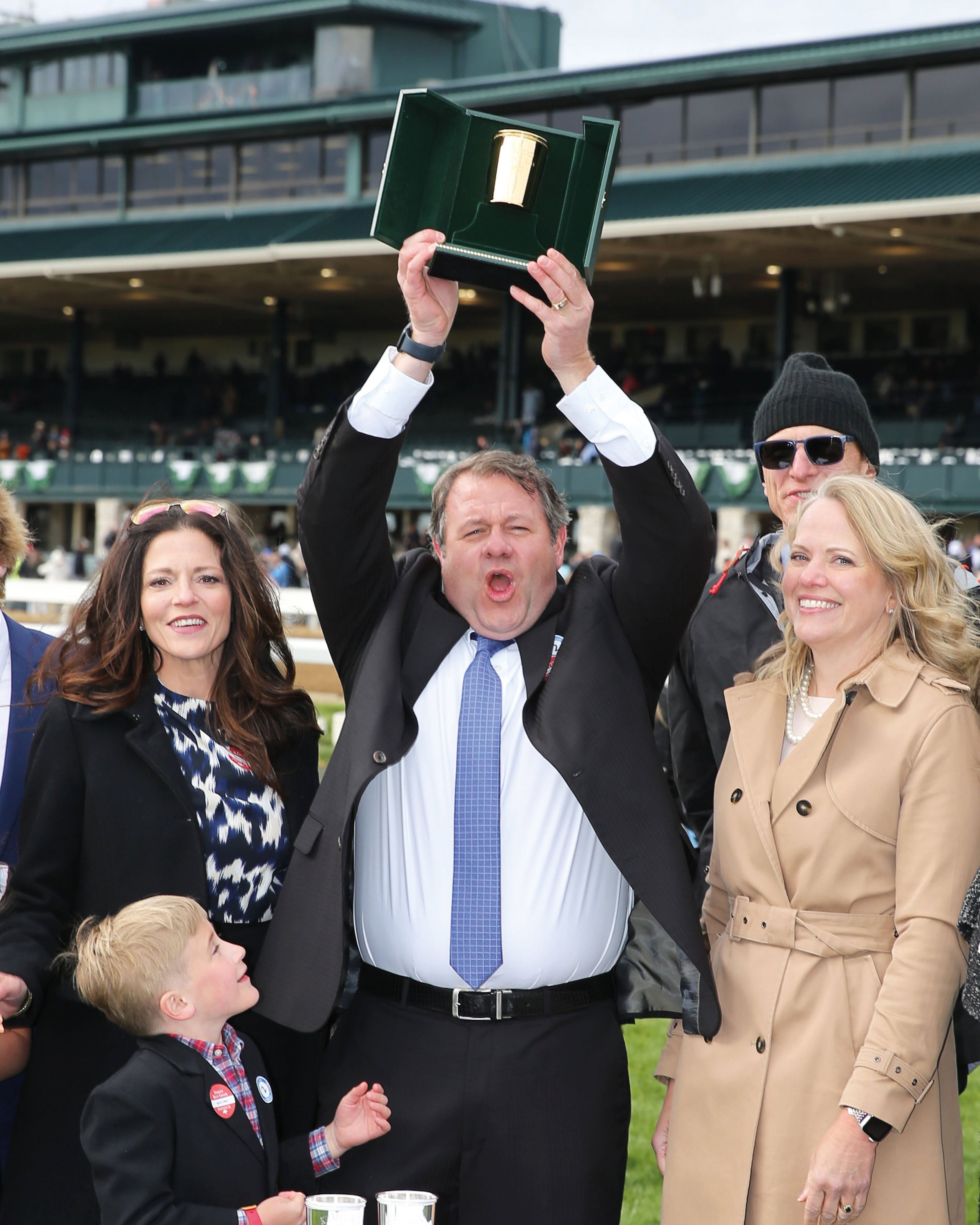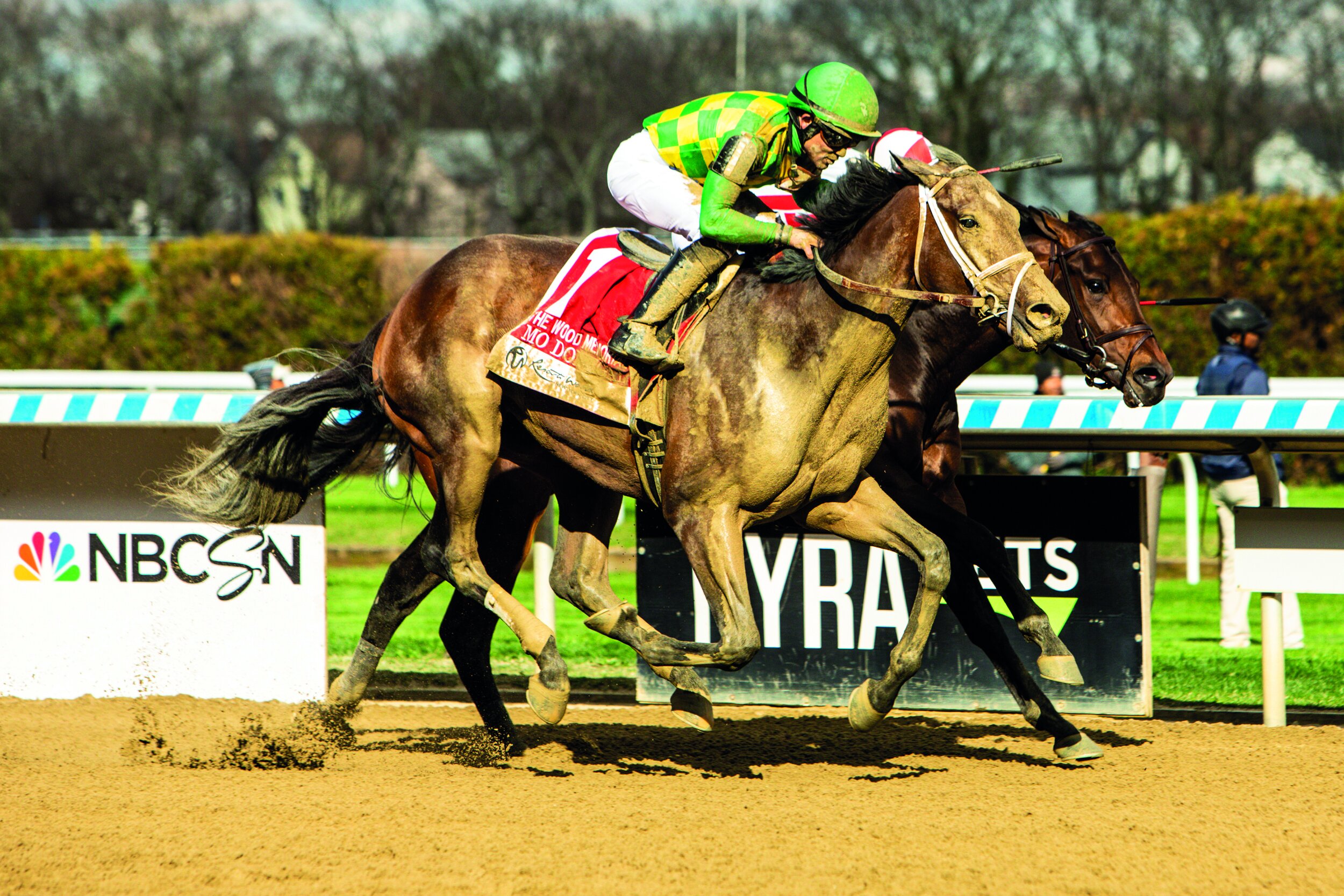Graded Stakes Winning Owners - Bill Parcells - August Dawn Farm (Maple Leaf Mel)
/The juiciest thrill for a Thoroughbred owner is having an undefeated young horse. You don’t know, the trainer doesn’t know, and nobody on the planet knows when that undefeated horse will stop winning as he or she climbs up in competition.
NFL Hall of Fame former New York Giants Coach Bill Parcells, who races as August Dawn Farm, knows about thrills, having won the Giants’ first two of four Super Bowl victories.
Since becoming a Thoroughbred owner in 2011, he’s had 59 victories from 353 starts and more than $4.5 million in earnings.
But he’s never had a Grade 2 victory, let alone a Grade 1, and now his undefeated New York-bred filly Maple Leaf Mel is poised to add that Grade 1 score to her resume in the Grade 1 Test Stakes at Saratoga August 5th.
Handy victories in the Grade 3 Miss Preakness at Pimlico and the Grade 3 Victory Ride at Belmont Park made the New York-bred five-for-five. She’s won all five wire-to-wire.
Growing up in New Jersey, Parcells used to go to Monmouth Park with his father. Showing a tender side he might not have displayed on the Giants’ sidelines, Parcells named the filly for her young trainer, 39-year-old Melanie Giddings, who survived ovarian and endocervical cancer in 2020 and went on her own this spring after serving as an assistant for Jeremiah Englehart. Maple Leaf Mel’s 2 ½ length victory in the Victory Ride was the first with Giddings listed as her trainer.
Parcells bought her for $150,000 at the Fasig-Tipton Mid-Atlantic Two-Year-Olds in Training Sale. She is a daughter of Cross Traffic out of City Gift by City Place.
“When Bill said he was going to name her for me, I kind of thought he wasn’t serious,” Giddings said. “When it happened, it was an honor, when a guy like that names a horse for you. He loves Saratoga. He really does love the New York-bred program.”
He’ll love it even more if Maple Leaf Mel keeps winning open-company stakes. “She’s great,” Giddings said. “She’s a pleasure to be around. She does everything perfect. You can’t ask for any more. Work her fast; work her slow; work her behind horses. You wish you can find more like her.”
Giddings currently has eight horses in her barn. “When you don’t have connections, it’s a tough go,” she said. “You have to find ways to get horses.”
Parcells could use Maple Leaf Mel’s earnings to remedy that. With just under $400,000 in earnings, she is already Parcells’ fifth highest-earning horse behind Saratoga Snacks ($523,600), Play Action Pass ($480,935), Hit It Once More ($390,102) and Three Technique ($366,615). Saratoga Snacks won the 2013 Empire Classic for trainer Gary Sciacca.
Another Parcells runner, Forty Under, won the 2018 Grade 3 Pilgrim Stakes. “He’s a pleasure to train for,” Giddings said. “He likes to joke around. At the end of the day, he says, `Do whatever you like.’ He’s up at 5 a.m. every day. He goes to the gym. He goes to the barn every morning. He tells me right now I’m more popular than Taylor Swift. I said, if that’s the case, Belmont would have been packed.”
Belmont hasn’t been packed too many times. And Parcells was one of the no-shows for Maple Leaf Mel’s last glittering performance. “He’s a little superstitious,” Giddings said. “He hasn’t been there recently for her races. He was feeling a little nervous like the rest of us. He stayed here in Saratoga and watched her.”
She was sensational. “Her last race was her toughest field,” Giddings said. “It seems like she’s getting better. When Joel (Rosario) asked her, she responded. Then he wrapped up on her.”
After the race, Rosario said, “She’s very nice. She goes out there and just does her job. She was very relaxed and was never worried about someone challenging her because she was moving so well. She goes out there and shows her speed and says, `come and beat me.’”
Nobody has. And most young horses improve in their first few starts. “You hope so,” Giddings said. “You keep them happy. A happy horse runs well. I’ve done this so long for a lot of people, I feel like it’s second nature.”
Beating cancer saved and changed her life. “When you go through that kind of sickness, you may not wake up in the morning,” she said. “I’m more easy going. I want to live a life worth living.”
She’s already jump-started her training career with Maple Leaf Mel. “I didn’t really set any goals,” she said. “I’d be super happy if I can say I won a race at Saratoga. If the Test was that race, that would be something, wouldn’t it?”






